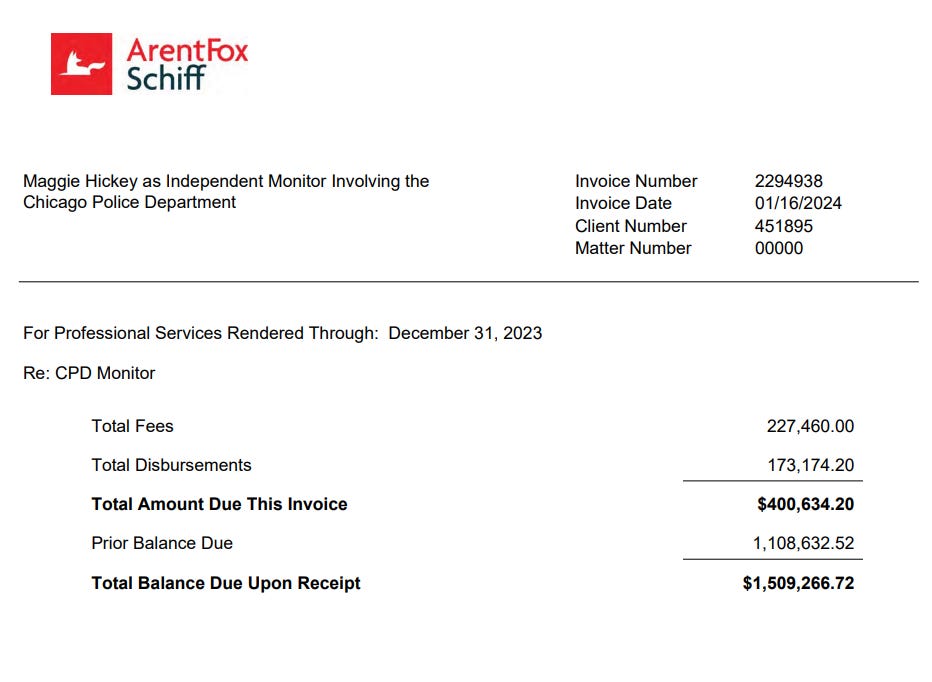Joe Biden pitching more military hardware as things get dicey in Ukraine
Nov 25, 2024
What’s Mines is Yours
Foreign policy expert Joseph Biden magnanimously offered US made anti-personnel mines to Ukraine this week to aid in its defense. These devices are outlawed in many counties, including Ukraine itself, by a treaty agreed upon in 1997.
The Ottawa Treaty was a groundbreaking anti-land mine agreement that was signed by 164 countries. Ukraine signed the agreement in 1999. It banned production, stockpiling, and use of anti-personnel land mines. Signatories promised to clear all existing mines within 10 years.

The move to ban mines arose after an estimated 600,000 innocent civilians, including about 300,000 children, were injured or killed by landmines in the two decades leading up to the Ottawa Treaty. Princess Diana was one of the most vocal and public supporters of the campaign.
You know who didn’t sign the treaty? The United States. Russia, and China. Bill Clinton begged out after claiming South Korea would be overrun if the one million land mines on its border with North Korea were removed. Russia never agreed to the treaty as that country was in chaos and NATO inched closer to its border. Russia uses the devices today and has laid minefields in its current war with Ukraine.
Ukraine, defying the Ottawa Treaty, will accept the deadly largess of the United States and accept these devices. Defenders of the landmine deal point out that the new mines developed by the innovators in the military-industrial complex can be rendered inert after a period of time.

That sounds great until you look at the details. The mines can reportedly be set to go inert on a timer that can deactivate the device between four hours and two weeks. If you think that the Ukrainians, who have been fighting a war for over two years, are going to allow their new minefields to become inert after a week, I have bridge to sell you in Brooklyn.
Add this escalation to the United States’ authorization and assistance in launching medium range missiles into Russia and we have quite a volatile situation. Vladimir Putin, whatever your opinion is of him, is not someone to be trifled with. He will not ignore these escalatory actions. We can expect some sort of retaliation before the Trump Administration takes power.
Perhaps the United States government should adopt the novel idea of listening to the people it governs. A July poll showed that only 19% of Americans wanted to give Ukraine increased military assistance. Even in Ukraine, current polls show that a majority of citizens are willing to trade territory for peace at this point. But why listen to the people, when the government – and its contractors – know best.
Here’s hoping for a nuke-free winter.
Chicago Consent Conundrum
We are generally not a big fan of federal consent decrees for police departments. Not that we are against police reforms. Many times, they are necessary. Some police departments seem like they could use a swift kick into the 21st century.
But the use of federal consent decrees often seems like a scam. The Department of Justice Civil Rights Division mandates departments to hire very expensive law firms (that always seem to include former DOJ attorneys) that lord over them for undefined periods of time. Sometimes it feels like a direct payoff to be left alone – particularly when you look at the vague language in the decrees.
The Chicago Police Department is under one such DOJ consent decree. It came after the killing of Laquan McDonald in 2014.

The decree is being overseen by former DOJ attorney Maggie Hickey. She recently released an update on Chicago’s progress on the consent decree. She stated that the CPD continues to make progress on the decree with some level of compliance on 504 of the 552 monitorable requirements. At present 9% of requirements are completed, an improvement over the 7% completion at the last reporting period.

Naturally the media saw the 9% number as an affront to society and immediately expressed outrage at the low number. Perhaps things can be done faster, but let’s take a look at just a few of the provisions of this consent decree:
· CPD will ensure that its community policing philosophy is a core component of its provision of police services, crime reduction strategies and tactics, training, management, resource deployment, and accountability systems;
· The City and CPD are committed to exploring diversion programs, resources, and alternatives to arrest;
· A strong focus on engagement with the city’s youth;
· A requirement for CPD’s command staff to review department-wide and district-level crime reduction strategies implemented under their command, as appropriate, in order to ensure they incorporate problem-solving techniques and are consistent with the principles of community policing;
· Strong partnerships between CPD and the community to enable law enforcement to build and strengthen trust, identify community needs, and produce positive policing outcomes;
· Training for methods and strategies for establishing and strengthening community partnerships that enable officers to work with communities to set public safety and crime prevention priorities and to create opportunities for positive interactions with all members of the community, including, but not limited to, youth, people of color, women, LGBTQI individuals, religious minorities, immigrants, individuals with limited English proficiency, homeless individuals, and individuals with disabilities;
· CPD members address individuals, using the names, pronouns, and titles of respect appropriate to the individual’s gender identity as expressed or clarified by the individual;
· Within 180 days of the Effective Date, CPD will develop and implement a policy that prohibits sexual misconduct by CPD members.
· CPD must create a website for officers to report misconduct anonymously.
Not too many things here appear to be “monitorable requirements,” do they? Some of them seem like things that are happening already. (a policy that prohibits sexual misconduct?! We think cops know that.)
The Ops Desk is a reader-supported publication. To receive new posts and support my work, consider becoming a free or paid subscriber.
Subscribed
Who is to say if these vagaries have been accomplished? And remember there are 553 points of this gobbledygook. Most are better defined, but many seem to be measured by the opinion of the monitor. A monitor that is racking up billable hours.

So good luck getting out of this one any time soon. Keep making those payments to Maggie Hickey, Chicagoans. Because one thing about government checks. They clear.

Thanks for reading The Ops Desk. Stay Safe!









